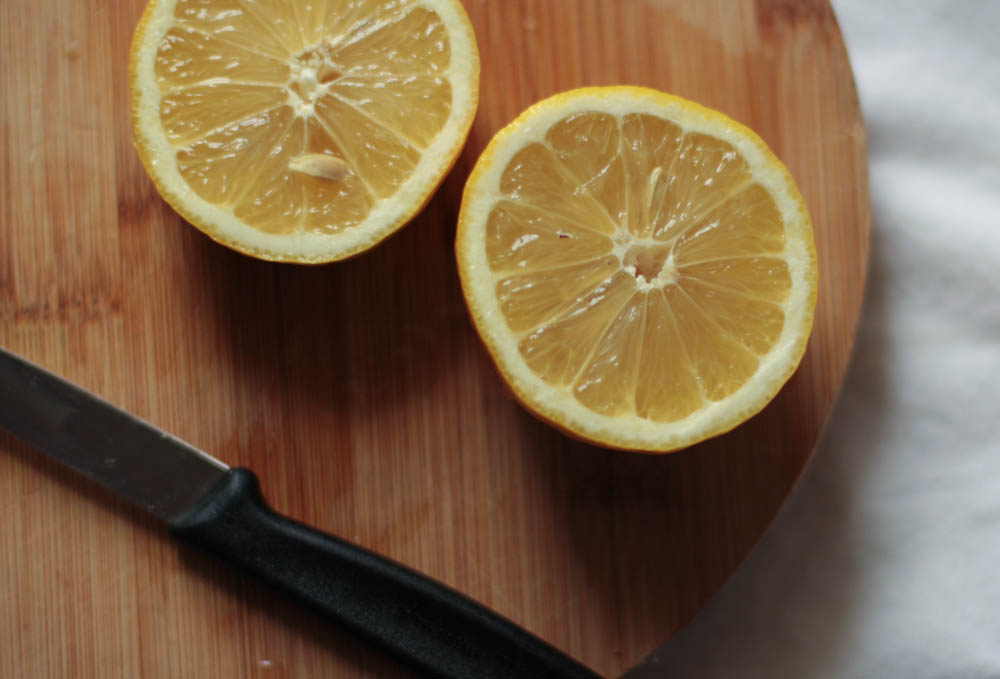If you type “detox and cancer” into an Internet search engine, you’ll get an avalanche of websites, articles, products, patient testimonials, and practitioners claiming that cancer can be prevented or even cured by diets or “cleanses” that rid the body of “toxins.” Are these approaches safe? Are they effective?
It’s not necessarily as straightforward as you may think; the details really do matter, says Stacy Kennedy, MPH, RD, CSO, a senior nutritionist at Dana-Farber/Brigham and Women’s Cancer Center.

These regimens and offerings run the gamut: raw food, high-alkaline, and “miracle” diets; herbal supplements or “elixirs”; detox drinks with lemon and cayenne pepper; liver, gall bladder and colon flushes or cleanses, coffee enemas, and many more.
There is little scientific evidence to support these claims.
Despite their appeal as an easy “fix” to the problem of cancer, there’s little scientific evidence that such measures, especially on their own, reduce the odds of developing cancer, or that they can halt or shrink tumors.
Certain regimens — like colon cleanses or extreme diets — can be dangerous, and should be avoided by the elderly, pregnant women, and many persons living with certain chronic illnesses. Prolonged, restrictive fasts are often low on important immune supportive nutrients; may upset electrolyte balances and lead to low blood sugar, nausea, fatigue, and diarrhea. Colonic enemas carry the risk of perforating the intestinal wall and causing blood infections.
“Natural” methods are not a substitute for medical treatment.
Some sites suggest that their “natural” methods can enable cancer patients to skip traditional medical treatments like chemotherapy and radiation.
“Unfortunately, cancer patients or people who have a strong focus on prevention may be more be vulnerable to the false claims made in marketing these products and services, which also tend to be quite expensive,” says Kennedy. “We get a lot of questions about curing cancer with massive amounts of carrot juice, or the Gerson diet (an unproven and potentially dangerous regimen purported to cure cancer through a highly restrictive diet and hourly glasses of green juice). We would not want our patients to follow detox or any other alternative medicine plan in place of medical treatment and without first speaking with us and their physician.”
Learn more about
Healthy Eating & Nutrition:
- Debunking Common Nutrition Myths
- Grass-Fed Beef and Wild Fish: Hype or Healthy Choices?
- Does Sugar Feed Cancer?
- The Best Foods for a Cancer Patient’s Pantry [Infographic]
The broad, confusing, and ill-defined buzzwords “detox” and “cleanse” are omnipresent in the media and popular culture, such as the 10-day liquid “Master Cleanse” fad driven by celebrity enthusiasts. Currently circulating on the Internet are myriad sites recommending an “armpit detox” to prevent breast cancer, despite the lack of scientific evidence that antiperspirants and deodorants raise breast cancer risk.
“I really don’t like the term ‘detox’ — I don’t even like ‘cleanse,’” Kennedy says. “They are misleading; they make it sound magical.”
Our bodies do a great job of clearing waste from the body all on their own.
Mainstream doctors and scientists say people have evolved very efficient, innate organs and systems for clearing wastes from the body, without outside help that goes beyond the support a healthy lifestyle can provide.
“There are in fact very real processes the human body undertakes each and every second of every single day, that we are mostly unaware of,” explains Kennedy.
“Can we directly radically change how these processes work? No, not in that sort of literal way,” she adds. “Can we accelerate this process? That’s hard to say, too, but we can absolutely support what our bodies already do through wellness behaviors, like eating healthy foods and limiting those foods and behaviors known to hinder our immune and other systems, like stress, lack of sleep, or lack of physical activity.”
In fact, the detox advocates, despite their often exaggerated claims, in some ways are on the same page with mainstream nutritionists and cancer care providers, Kennedy says. Avoiding processed foods and striving for a balanced, plant-based diet is something all can agree on, she says. “If your detox plan is eating healthy and not drinking wine, that’s great!” Kennedy declares. She recommends that cancer patients consult with licensed nutritionists, dietitians, and physicians to develop health-promoting strategies during and after treatment.
Learn more about healthy eating in the video below from Dana-Farber’s Eating Well During Cancer series.
